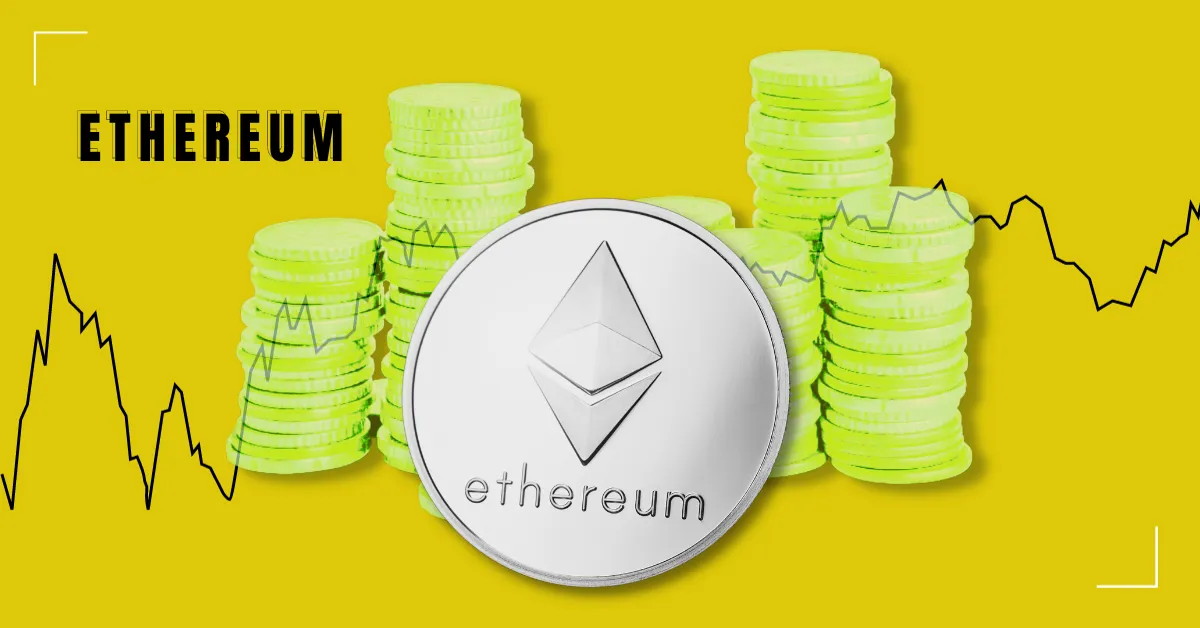Investment bank TD Cowen has revised its timeline prediction for the approval of a spot Ethereum exchange-traded fund in the United States.
The bank’s previous prediction of approval post-November 2024 elections, now anticipates the approval to take place in late 2025 or early 2026. This notable shift can be attributed to political reasons and the regulatory approach of SEC Chair Gary Gensler.
Political Dynamics and Regulatory Caution
TD Cowen suggests that the delay in approving a spot Ethereum ETF is a political decision. The bank emphasizes that there is little upside for SEC Chair Gary Gensler to greenlight such an ETF, especially after the recent approval of a spot Bitcoin ETF, which drew criticism from progressive Democrats.
The bank’s Washington Research group led by Jaret Seiberg wrote in a note on Monday, “This is a political call. We believe there is no upside for SEC Chair Gary Gensler to approve a spot Ethereum ETF given how upset progressive Democrats were over the agency’s approval of a spot bitcoin ETF earlier this month.”
With the upcoming U.S. election 2024 to be held in November, Gensler is expected to take his decisions more cautiously, needing the support of parliament members to advance his agenda or potentially secure a different government position.
Gensler’s Cautious Crypto Approach
The bank asserts that Gensler, a Democrat, is in no hurry to approve an Ethereum ETF. TD Cowen notes that Gensler prefers a measured and cautious approach to crypto regulation, wanting more experience with the performance of recently approved spot Bitcoin ETFs before approving an Ethereum counterpart.
“[The SEC] can eventually reject the rule change, which either will lead to a new application or litigation … Either will take another year or two to play out”, the bank writes.
TD Cowen’s Washington Research Group predicts that even if Congress fails to enact broader crypto market structure legislation in 2025, the spot Ethereum ETF approval might still be delayed until late 2025 or early.
The bank’s report highlights the SEC’s ability to easily delay or dismiss ETF applications using standard administrative procedures, suggesting that final decisions could take several more years unless there’s significant outside influence or political considerations.

